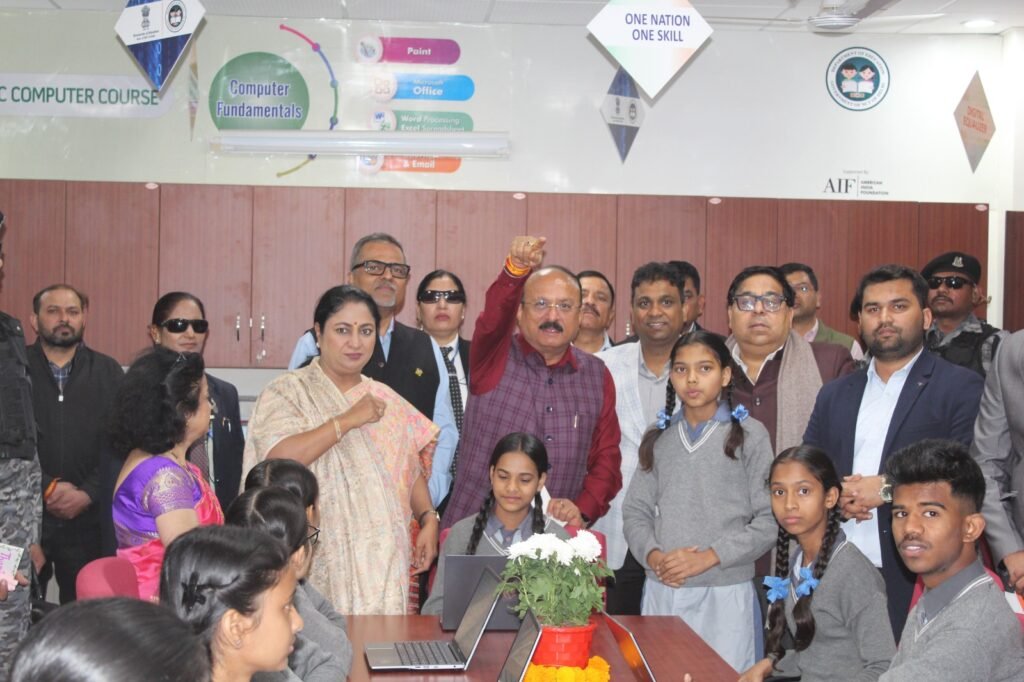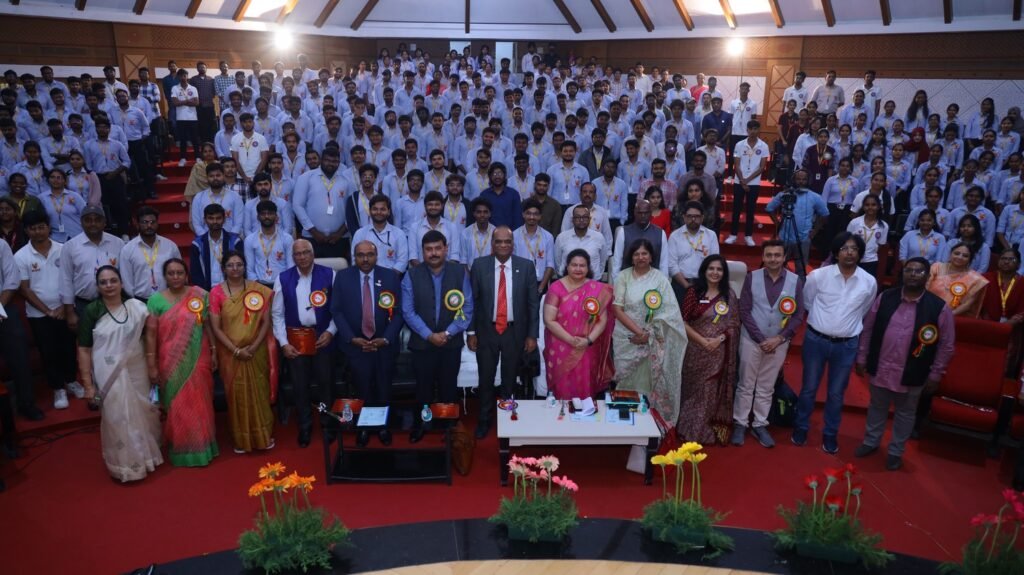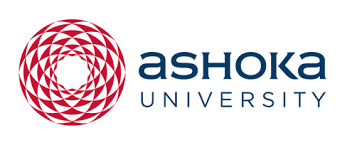Amelia Earhart Fellowship is one of the prestigious fellowships given to women in the aerospace sector. Every year, the fellowship is given to just 30 females across the world and this year from India only three women research scholars have been selected and one of them is Shruti Tandon.
A research scholar from the Indian Institute of Madras (IIT-M), Shruti Tandon has bagged the Amelia Earhart Fellowship. This is one of the prestigious fellowships given to only 30 women in the aerospace sector. This year, from India only three women research scholars have been selected and one of them is Tandon.
The Fellowship is given by Zonta International as globally women make up around 25 per cent of the workforce in the aerospace industry.
Completing her dual degree (BTech and MTech) from IIT-M in Aerospace Engineering with a CGPA of 9.58, Shruti Tandon dreamt of doing research in the field of Aerospace and Physics. As of now, she is pursuing her PhD in complex systems approach to study turbulent flows.
IIT Madras Placements (Aerospace Engineering): Highest and average CTC, total offers in past 5 years
Tandon has so far completed 7 research papers in peer-reviewed journals with many of them cited by various scholars. Her doctoral research is already supported under the Prime Minister Research Fellowship (PMRF) which provides her stipend.
Tandon’s study deals with the occurrence of combustion instability that plagues the operational margin of rocket and gas turbine engines. Speaking with The Indian Express, the 27-year-old research scholar said, “My guide told me about this scholarship and he asked me to apply for the same. I was not sure whether I would get it. For the Fellowship, I had to submit a lot of documents, an enrollment form, a research statement, and then a document about what I endeavour to become CV and publications.”
Even before joining IIT Madras, Shruti was interested in research and was inclined towards Physics. “I didn’t have to write GATE because I am already from an IIT background, and there are some rules that if you studied from the Institute and have all the eligibility like CGPA you can directly sit for the interview,” Tandon said.
Calling her grandfather her biggest support system, she said that he used to support ‘progress’ and gave her insights which she no one could give. “He has helped me build perspective to deal with situations especially with uncertainties. He told that when things go your way, be grateful to god and in case if they don’t then be patient, opportunities will present themselves.”
When asked if she faced marriage pressure, she said, “Marriage should not be a barrier so the alliance has to be made in such a way that the partner should support it. My parents and my grandparents gave me the confidence that being married is not like an obstacle. My husband not only understood my priorities but also motivated me a lot. My parents and my in-laws supported me in my journey. It is the collective support from my family that keeps me going.” Her husband is also a researcher in IIT Madras.
Shruti, who aspires to be a academician, has researched various topics like thermoacoustic systems, the universality of oscillatory instabilities in fluid mechanical systems, and particle-laden flows among other topics.
When asked about her views on research seats in India, she said, “The struggle to find something new is research. I believe uncertainty of the seats does not discourage a researcher. If you are a true researcher you have to live with uncertainty as your paper can be rejected or accepted, but you should keep going. ”
Sharing about women’s participation in STEM (Science, Technology, Engineering, and Mathematics), she said, “In IIT Madras’s labs, there are many women researchers. To increase the participation of the female candidates, IIT Madras has a general support system which is for all the research scholars. Research is not just about academic knowledge and problem solving skills, it is also about creativity and ability to generate new ideas. I believe that involvement of women brings a new perspective to the table and diverse perspectives are the key to progress in science.”



